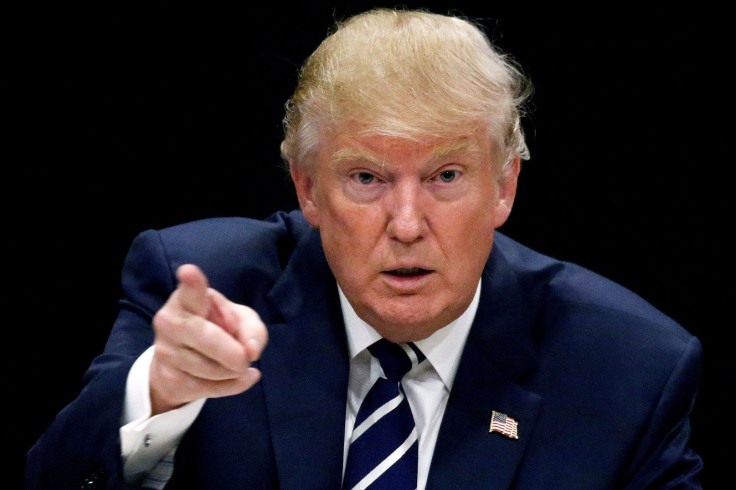Travel ban: Donald Trump's 'streamlined' ban to exempt green card holders

US President Donald Trump is preparing a “streamlined” version of the travel ban that will allow people holding green cards or those already flying on planes to enter the country. This stems from difficulties that led his original travel ban, stemming from a Jan. 27 executive order, in courts.
On Saturday, US Homeland Security Secretary John Kelly spoke at the Munich Security Conference about measures to combat terrorism. He said the original ban was created as a “temporary pause” to “see where our immigration and vetting system has gaps — and gaps it has — that could be exploited.”
Kelly added it came as a surprise that the courts froze the implementation of the order. As a result, Trump is working on a new version of the order.
“The President is contemplating releasing a tighter, more streamlined version of the first [order]," Kelly said at the conference. "And I will have opportunity to work [on] a rollout plan, in particular to make sure that there's no-one in a sense caught in the system of moving from overseas to our airports."
He said the vetting process needs to be improved to ensure that no dangerous people enter the country. The United States needs to “find ways to vet in a more reliable way to satisfy us that the people that are coming to the United States are, in fact, coming for the right reasons,” he said.
When asked if the rule will apply to green card holders, Kelly said “it’s a good assumption.” Nevertheless, those holding visas already flying will not be denied entry. “If they're in motion from some distant land to the United States, when they arrive they will be allowed in," he said.
“We will have a short phase-in period to make sure that people on the other end don't get on airplanes,” he said. “ But if they're on an aeroplane and inbound, they'll be allowed to enter the country.”
Thomas de Maiziere, Germany’s top security official, who was also one of the panellists at the conference, said the travel ban may not be constructive. “To ban whole countries perhaps could create more collateral damage, and perhaps does not produce more security,” he said. “The more precise you do it, the more effective you are.”
As part of Trump's original order, citizens from seven countries – Iran, Iraq, Libya, Somalia, Sudan, Syria and Yemen – were not allowed to enter the country for 90 days. While all refugees were excluded for 120 days, those from Syria were banned indefinitely.






